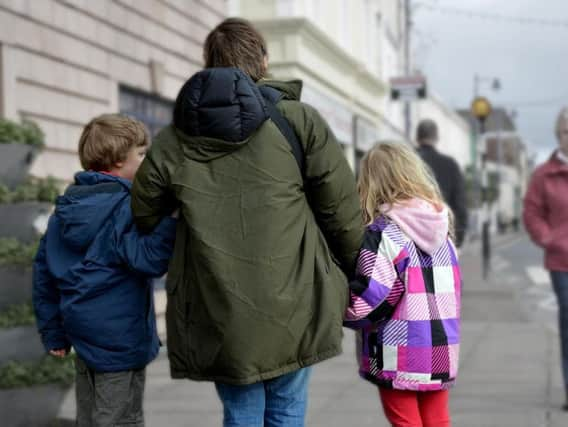Nearly 600 children now in Blackpool Council care


A meeting of the council's Children and Young People's Scrutiny Committee heard in order to break the cycle of negect it was vital to intervene before a family reached crisis point.
The meeting heard the number of children in care in Blackpool now stood at 590.
Advertisement
Hide AdAdvertisement
Hide AdThis year an overspend of £8m is predicted in the children's services budget of £31.2m.
Councillors were told nearly 40 per cent of the budget is spent on 160 children who have the most complex needs.
This includes the cost of expensive residential care, which is often outside Blackpool.
Coun David Owen said the council's £6m buoyancy fund was expected to be almost wiped out on children's social care as the authority tries to improve the service which was rated 'inadequate' by Ofsted last year.
Advertisement
Hide AdAdvertisement
Hide AdHe warned the council was "facing armageddon in the next few months".
Coun Owen said: "Despite all the concern for the young people in our midst, it can't be a bottomless pit in financing this."
Coun Maxine Callow said: "We can keep throwing money at it but it isn't going to go away until we get a grip on parenting."
Jeanette Richards, head of partnerships and improvements at the council, said recent measures include a drive to attract more foster carers, recruitment of 32 new social workers and closer working with the police and health sector.
Advertisement
Hide AdAdvertisement
Hide AdSteve Ashley, chairman of the Blackpool Safeguarding Children Board, said good progress had been made since the Ofsted inspection, but the focus needed to be on the most serious cases.
He said: "We need to focus on these areas around early help and neglect, and that has to be a move away from children's social care to a more partnership approach."
Mr Ashley added it was vital for all agencies to take responsibility instead of just referring everything to the council whose role should be to "deal with very top end issues".
The meeting heard responsibliity had to be put back on families "where it was safe to do so" instead of them becoming "too dependent on social services."